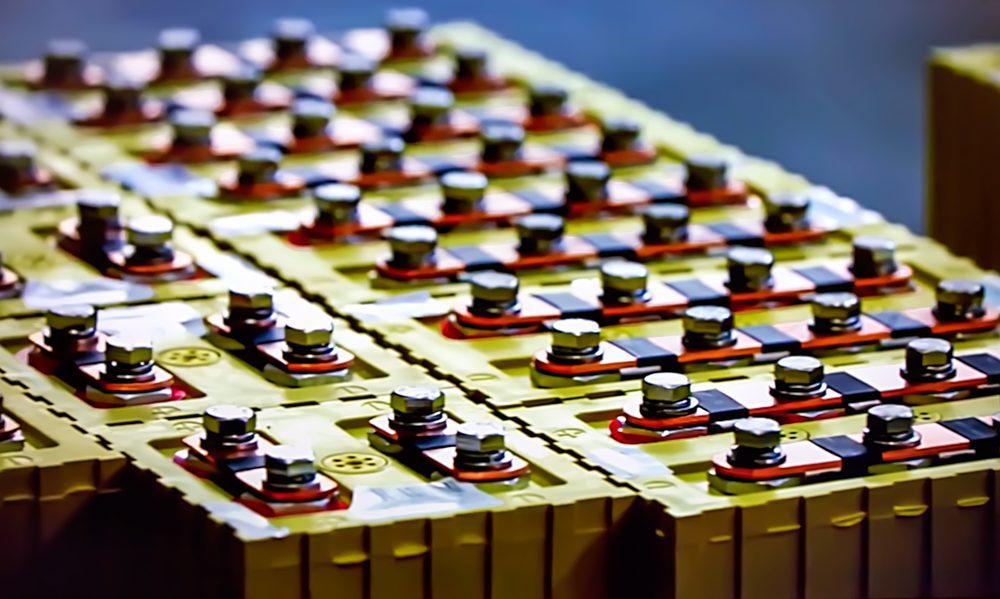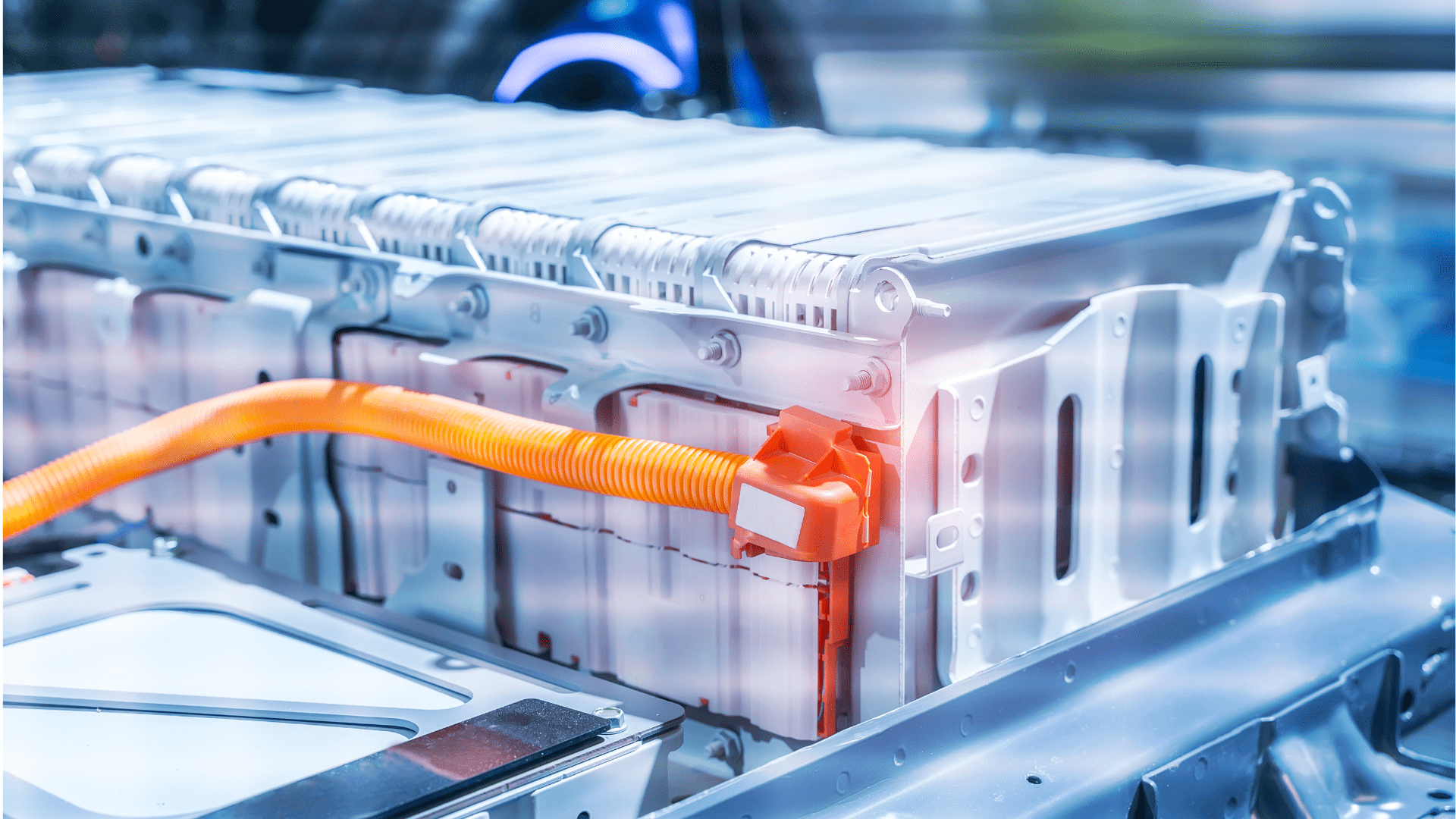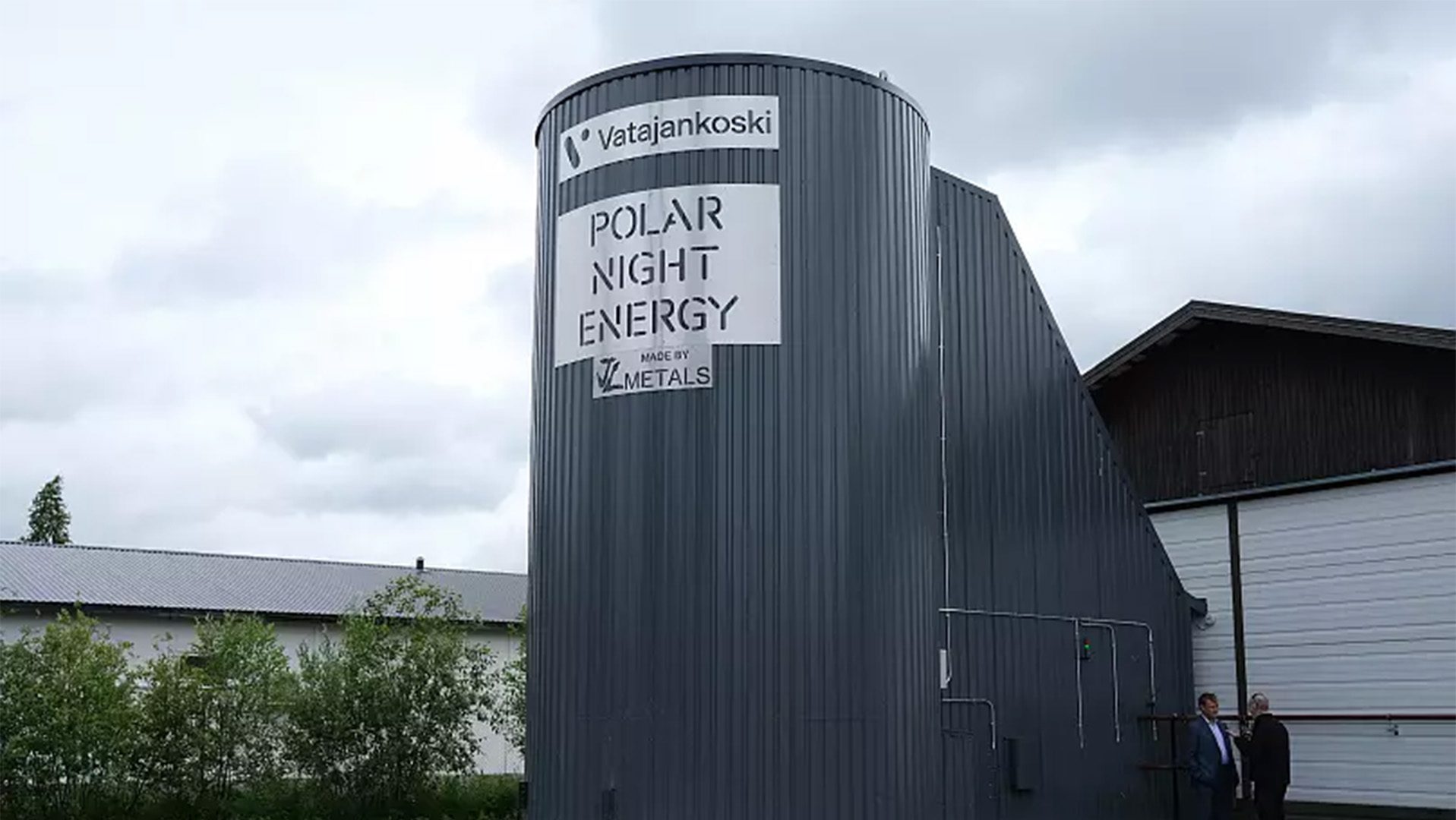Lithium powers most batteries used in technology like smartwatches and electric cars. The critical mineral sometimes travels across the world before reaching the manufacturer. However, almost half of the lithium used in the U.S. could come from Pennsylvania wastewater.
Extracting Lithium
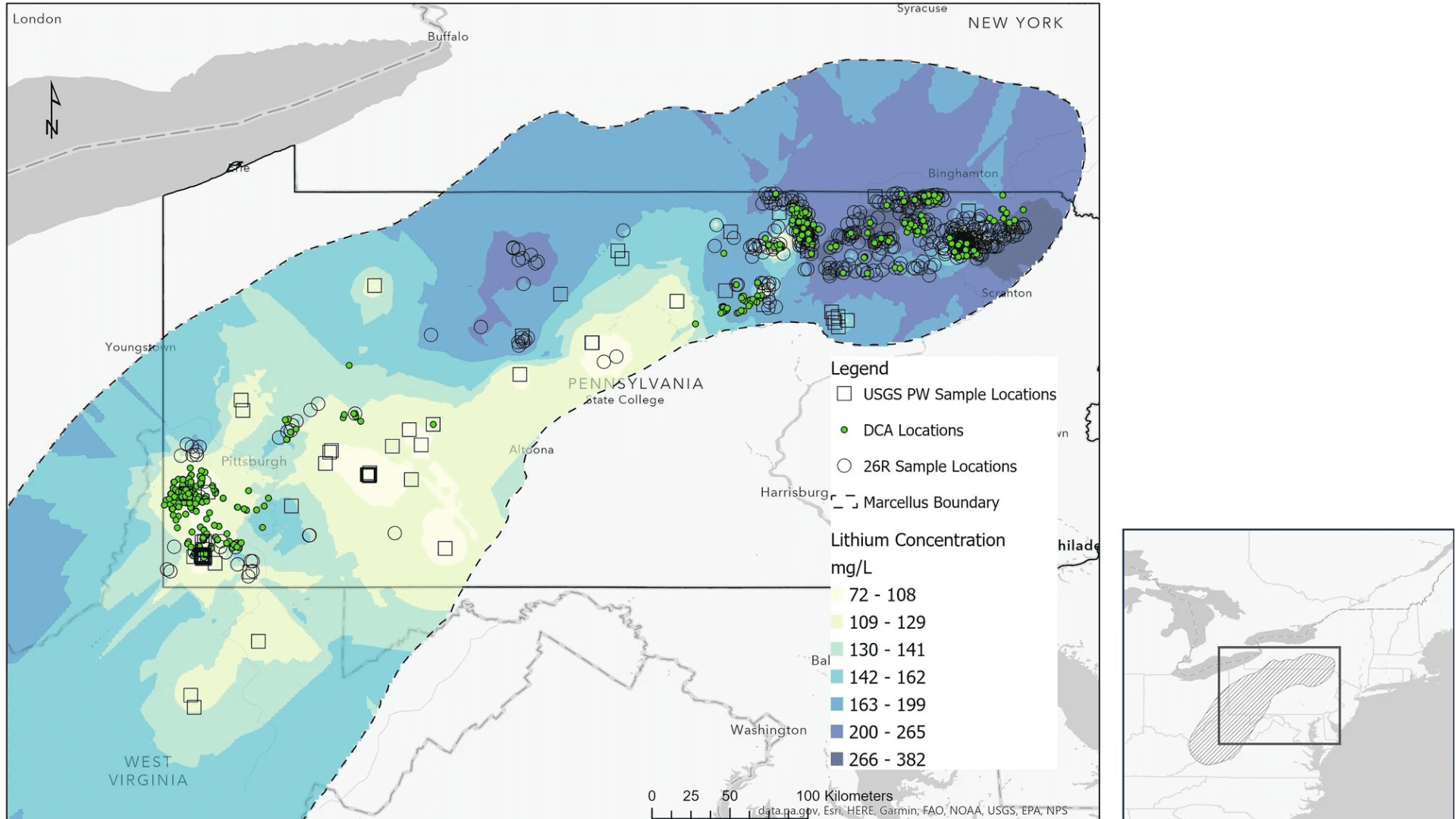
If extracted efficiently, a new analysis based on data from the Pennsylvania Department of Environmental Protection suggests lithium from the wastewater of Marcellus shale gas wells could supply 40% of the country’s demand. According to researchers Justin Mackey and Daniel Bain, scientists can extract lithium from water more than 90% efficiently. Mackey is a researcher at the National Energy Technology Laboratory. Bain is his Ph.D. advisor and an associate professor of geology and environmental sciences at the University of Pittsburgh’s Kenneth P. Dietrich School of Arts and Sciences.
According to the U.S. Geological Survey, lithium is a critical mineral although it’s an element and not a mineral. However, the title means the U.S. government wants to produce all lithium domestically by 2030.
Explore Tomorrow's World from your inbox
Get the latest science, technology, and sustainability content delivered to your inbox.
I understand that by providing my email address, I agree to receive emails from Tomorrow's World Today. I understand that I may opt out of receiving such communications at any time.
Meeting the Needs
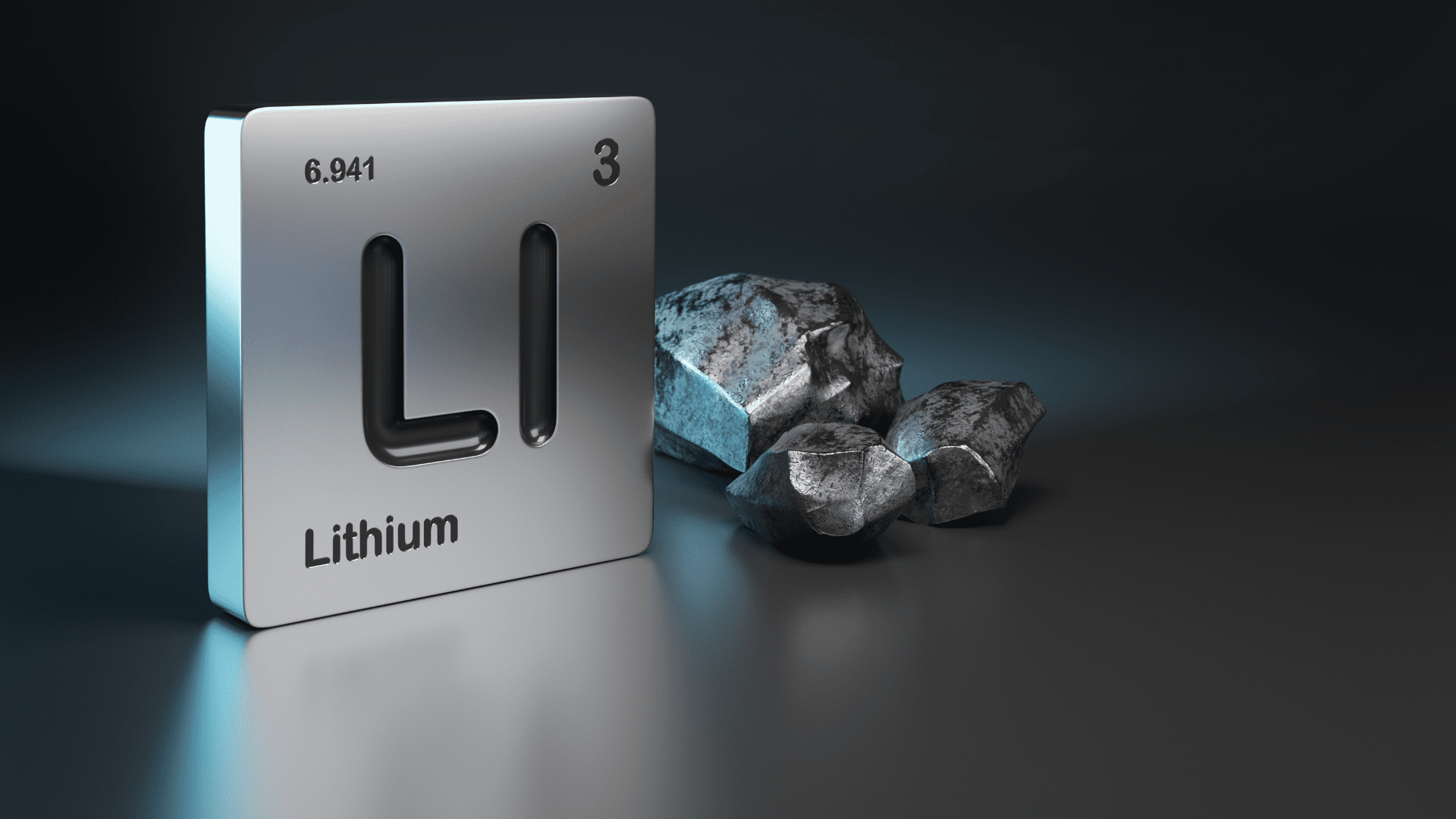
The search for lithium sources rages on. Most of it is extracted from brine ponds in Chile and then shipped to China for processing. While there are lithium mining operations in production, this new analysis is different. Mackey said, “This is a waste stream, and we’re looking at a beneficial use of that waste.”
Finding wastewater in the Marcellus shale wells is no surprise to the researchers. They know the water recycled in hydraulic fracking picks up minerals and elements from the shale. “But there hadn’t been enough measurements to quantify the resource,” Mackey said. “We just didn’t know how much was in there.”
Lithium is one of the substances researchers have to report on a mandatory analysis of wastewater in each well pad. Mackey said, “And that’s how we were able to conduct this regional analysis.”
Meeting 30%-40% of the country’s lithium needs could bring the U.S. closer to its goal. But, Pennsylvania isn’t the only state in that region with lithium-rich wastewater. It extends outside of the state’s boundaries. “Pennsylvania has the most robust data source for Marcellus shale,” Mackey said. “But there’s lots of activity in West Virginia, too.”
The next step is understanding the environmental impact of extracting the lithium. They also need to implement a pilot facility to develop extracting techniques. “Wastewater from oil and gas is a burgeoning issue,” Mackey said. “Right now, it’s just minimally treated and reinjected.” However, there is potential to provide a lot of value. He said, “It’s been dissolving rocks for hundreds of millions of years—essentially, the water has been mining the subsurface.”



